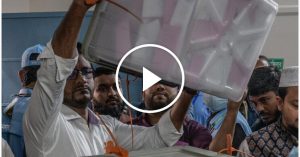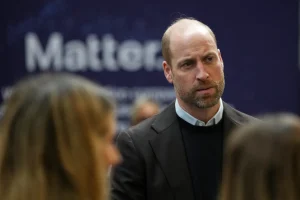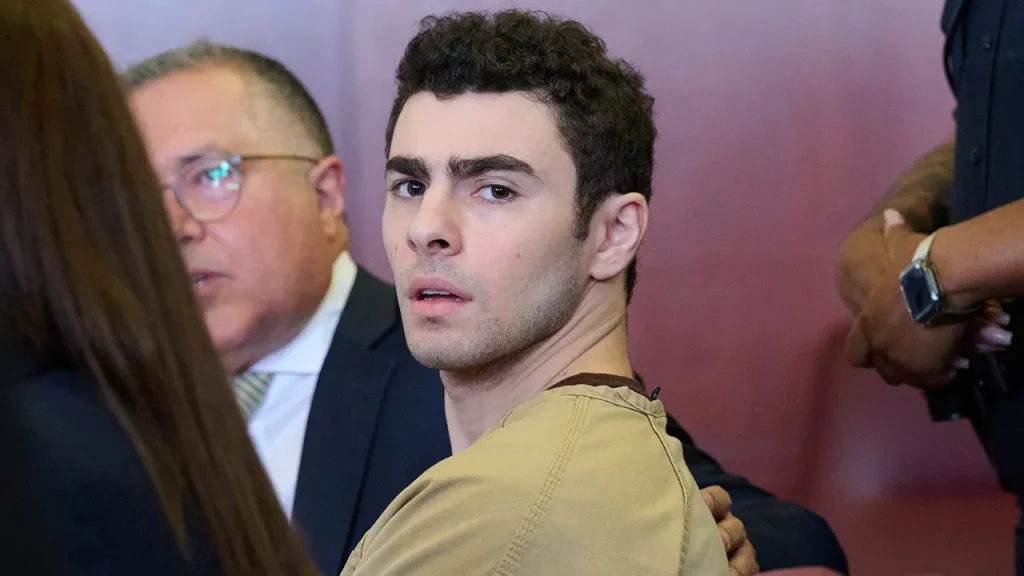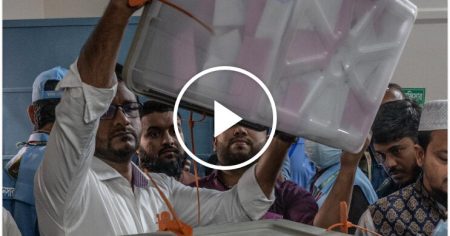Defense Challenges Federal Charges in High-Profile Healthcare CEO Murder Case
In a significant legal development, attorneys for Luigi Mangione filed motions Saturday requesting a federal judge in Manhattan dismiss several charges against their client, including the sole count that potentially carries the death penalty. The defense team argues that federal prosecutors have inappropriately expanded the interpretation of federal statutes in what they characterize as an attempt to sensationalize the December 2023 killing of UnitedHealthcare CEO Brian Thompson.
The case, which has captivated public attention nationwide, centers on the execution-style shooting of Thompson outside a Manhattan hotel where his company was hosting an investors conference. The killing, captured on surveillance video, sent shockwaves through corporate America and sparked widespread discussions about executive security. Prosecutors allege Mangione targeted Thompson specifically due to financial and corporate disagreements, though Mangione has already entered a not guilty plea to all charges. His defense team contends the government’s case relies primarily on circumstantial evidence rather than concrete proof of criminal intent or organized activity, raising questions about the strength of the prosecution’s argument.
In their court filings, Mangione’s attorneys present multiple challenges to both the jurisdiction and evidence gathering in the case. They argue the matter should properly be tried in state court rather than federal court, noting that murder cases typically fall under state jurisdiction. The defense specifically targets the federal charge of murder committed with firearms as part of other “crimes of violence” – the only charge that could potentially result in capital punishment – claiming prosecutors haven’t sufficiently identified the additional offenses required for conviction under this statute. The defense further argues that stalking, which prosecutors have cited as the accompanying crime, does not legally qualify as a “crime of violence” under federal definitions, potentially undermining the death penalty charge.
The defense has also raised significant procedural concerns regarding evidence collection, arguing that Mangione’s constitutional rights were violated during the investigation. According to court documents, his attorneys claim law enforcement failed to read Mangione his Miranda rights before questioning him at a McDonald’s restaurant, potentially rendering any subsequent statements inadmissible at trial. Additionally, they allege police conducted an unlawful warrantless search of Mangione’s backpack following his arrest – a search that yielded a gun and ammunition – violating Fourth Amendment protections against unreasonable searches and seizures. These procedural challenges could significantly impact what evidence jurors ultimately see at trial.
The case has taken on additional political dimensions, with the defense previously requesting charges be dismissed based on public comments by Attorney General Pam Bondi, who in April directed New York prosecutors to seek the death penalty, characterizing Thompson’s killing as a “premeditated, cold-blooded assassination that shocked America.” Defense attorneys argue such statements prejudiced their client’s case. Meanwhile, the killing itself has unexpectedly triggered broader social commentary, with some online communities expressing resentment toward health insurance companies and their executives. This backdrop of public sentiment has complicated the already high-profile nature of the proceedings and raised questions about whether Mangione can receive a fair trial.
Mangione’s defense team includes Karen Friedman Agnifilo, a prominent New York attorney with experience as both a Manhattan prosecutor and CNN legal analyst, highlighting the high-stakes nature of the case. Judge Miriam Goldberg of the Southern District of New York has scheduled oral arguments for December 5, where these motions will be formally addressed. The outcome of these pretrial challenges could significantly shape how this closely watched case proceeds – potentially determining whether it remains in federal court with death penalty implications or shifts to state jurisdiction under different legal parameters. The decision will be closely monitored by legal observers, corporate executives, and a public increasingly engaged with questions about healthcare, corporate accountability, and the American justice system.










